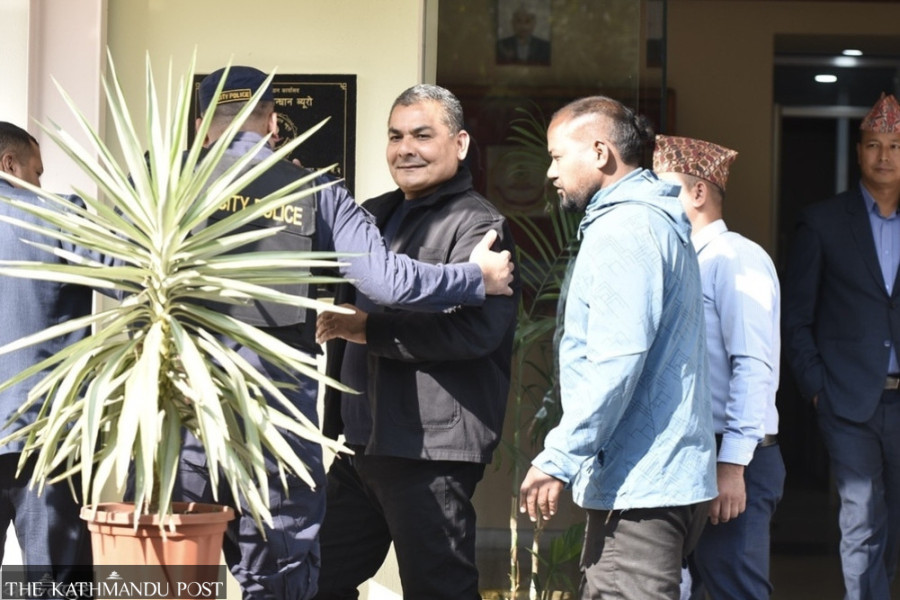Editorial
A delicate balance
The Durga Prasai case highlights the need for social media regulation. But it shouldn’t be rushed.
The line between fake content and free speech online is razor-thin. A recent case in point is controversial businessman Durga Prasai’s accusation against Prime Minister KP Sharma Oli. Prasai, taking to social media, alleged that the Nepali premier had invested Rs32.5 billion in a telecom company in Cambodia. The police determined that the documents he presented were clear fakes, as Oli’s signature was forged and even his name presented in some documents as ‘evidence’ was incorrect. As a result, following an order from the Kathmandu District Court, Prasai was arrested on Tuesday.
The constitution of Nepal upholds free speech and the freedom to broadcast audiovisual content, but these rights should be exercised without harming anyone. People like Prasai have repeatedly weaponised social media platforms to settle personal scores or to promote political agenda. Even though social media and the internet at large have been pivotal in promoting free speech, their roles in driving fake news and mis/disinformation have gone out of hand. In recent times, deepfakes like audio recordings and video clips can easily mimic someone else’s identity using artificial intelligence, with the intent of sullying people’s reputation and spreading false information. Only in September, the editor and the publisher of an online portal, sidhakura.com, were arrested for circulating a series of malicious audio-video content targeting some prominent members of the society.
Countries around the world are concerned about the rise of mis/disinformation online and are working to make such tools ethical with the help of wide civic engagement, discussions and technical consultations. Nepal, on the other hand, has taken an opposite approach. It has introduced a controversial Social Media Bill that violates international human rights norms and tramples on Nepal’s constitutional rights. This ham-fisted attempt to regulate social media platforms, many argue, will undermine free speech if implemented in its current form. The bill is rightly criticised for being brought without broad consultations.
Moreover, Section 3 of the bill provides for a Social Media Management Council led by the Minister for Communication and Information Technology—a political position. According to Media Action Nepal’s analysis of the bill, such a council lacks members of civil society organisations and other bodies working to promote free speech and to fight misinformation. When regulatory provisions are not transparent, they cannot work for common good. Without broad consultations and deliberations, such legislation risks becoming a tool for political control rather than a means to protect democracy. Individuals like Prasai indeed demonstrate the dangers of unregulated digital platforms, but knee-jerk bills like the current Social Media Bill also risk undermining free speech.
Nepal must address the challenges brought about by technological advancement with care. Blindly blocking social media sites, as was done with TikTok, is not the way to go about it. Our approach to tackling misinformation and fake content must balance the protection of free speech with the need for wise and workable social media regulation, even if it takes some time. Engaging civil society, media organisations and tech experts is essential to create ethical and effective solutions. Part of the focus should also be on digital literacy, sensitising the public on the consequences of malintent content, and promoting fact-checking mechanisms. The Durga Prasai case highlights the need for wise social media regulation; but this process must begin with broadest possible consultations.




 8.88°C Kathmandu
8.88°C Kathmandu














